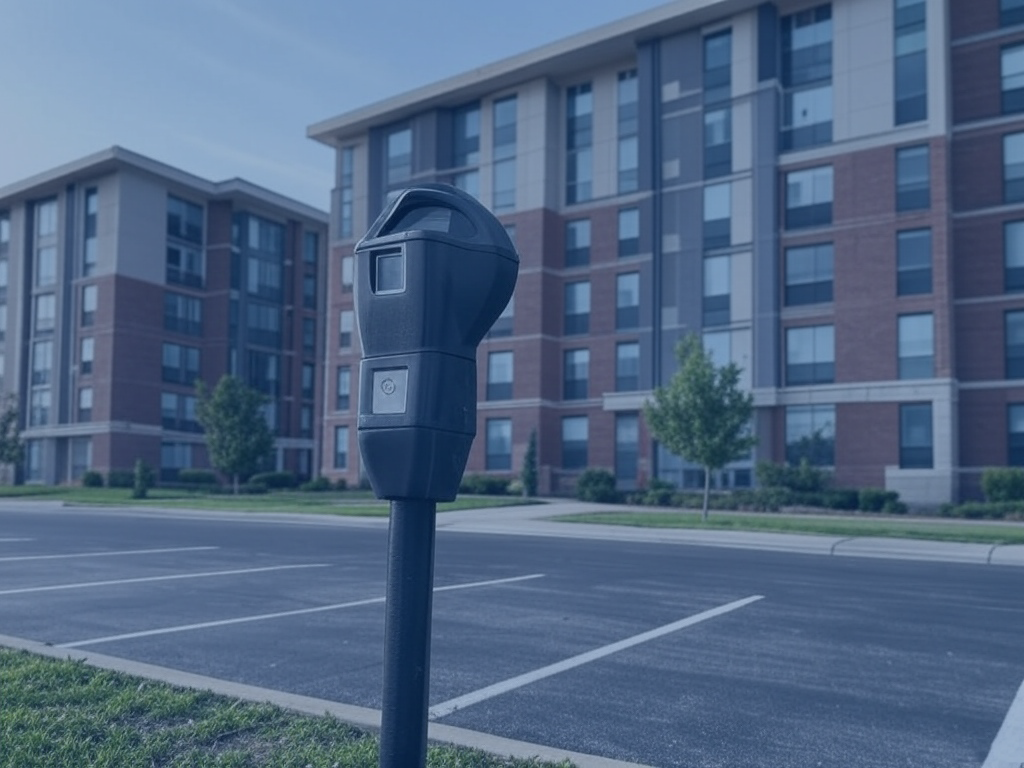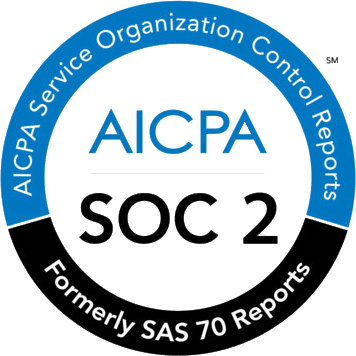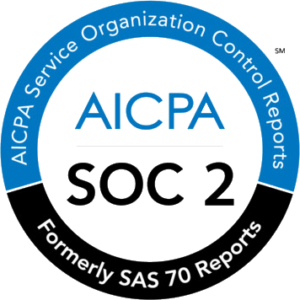Apartment parking can be quite a complex subject. It can be a source of headaches for property managers and residents alike. Whether it’s a lack of spaces or constant parking violations, apartment parking can be quite challenging, especially with a consistent policy.
Let’s delve into the world of apartment parking policies and see how you can implement a successful one in just five steps.
Table of Contents
ToggleUnderstanding the Importance of a Parking Policy
Before we dive into the steps, let’s talk about why having a parking policy is crucial.
Importance of Fair Allocation: A parking policy ensures the fair allocation of parking spaces. Imagine how chaotic it would be if residents parked anywhere they wanted, leaving no space for others. Nightmare, right?
Importance of Security Measures: Parking policies also establish necessary security measures, safeguarding residents’ vehicles from theft or damage. And believe me, peace of mind for your residents is worth every bit of effort you put into your parking policy.
How to Create a Successful Apartment Parking Policy
Creating a successful apartment parking policy is a lot like baking a cake. It involves a few essential ingredients: clearly defining parking spaces, setting up rules, and establishing penalties for rule-breaking. Miss one, and your cake—or in this case, your policy—could fall flat.
But, if you get the ingredients just right & mix them together, you can create a seamless policy in no time.
Five Steps to a Successful Apartment Parking Policy
Conduct a Parking Needs Assessment
First things first, take stock of what you have and what you need. Look at your area, and ensure you know what your parking needs right now. Consider factors such as the total number of parking spaces available, the number of residents, guests’ parking needs, and provisions for disability parking.
Understanding the parking capacity and the demands of your apartment building is the foundation upon which you can build an effective policy.. It’s like measuring your ingredients before you start baking.
Create Clear Parking Rules
One of the most vital steps in the process is creating the parking rules. This step sets the foundation for your parking policy. The rules you establish should be as clear as daylight to avoid any possible confusion or misinterpretation. They should cover every aspect related to parking, such as where residents can park, where they can’t, the maximum parking time, visitor parking rules, and so on.
When creating the rules, consider involving the residents in the discussion. This can help address their concerns and make them feel heard, which can lead to better adherence to the rules once they are implemented. Also, remember to be fair. For instance, assigning parking spots based on apartment size or family size can be seen as more equitable than on a first-come-first-served basis.
Implement a Parking Permit System
Another critical step is implementing a parking permit system. This is a pivotal point in controlling and managing the parking spaces in your complex. With this system, you can easily identify which vehicles belong to your residents and which do not. Unauthorized vehicles can be quickly detected and dealt with.
The permit system you choose can be physical permits or digital ones. You could also consider offering different types of permits, such as residence permits, guest permits, and special permits for moving vans or disabled residents. Regardless of the type of permit system you choose, it should be easy to manage and enforce.
Monitor and Enforce the Parking Policy
No policy, no matter how well-crafted, is effective without enforcement. Monitoring and enforcing the parking policy are crucial to maintaining order and ensuring your parking spaces are used as intended.
There are various methods for monitoring your parking policy, such as employing security personnel or a parking management company, using CCTV cameras, or a mix of these. Remember, the objective is to catch rule-breakers and deter others from doing the same.
As for enforcement, it should be consistent and just. Penalties for violations should be clearly outlined in your policy, and these should be applied without favour. The residents need to know that the rules are serious and that breaking them will lead to consequences. Consistency here is key to maintaining order and respect for the policy.
Regularly Review and Adjust the Parking Policy.
A successful parking policy is not a set-it-and-forget-it deal. Regular reviews are necessary to ensure the policy remains effective and relevant.
You should revisit the policy at least once a year or whenever there are significant changes in your complex, such as a surge in the number of residents. During the review, consider residents’ feedback and make necessary adjustments.
A successful apartment parking policy is critical for maintaining harmony and order in a residential complex. The journey towards this starts with understanding your complex’s unique needs, followed by creating transparent rules and a robust parking permit system. Constant vigilance in enforcing these rules keeps the system working as intended.
But a crucial aspect that permeates all these steps is open, consistent communication with residents. It’s the backbone that ensures everyone’s understanding and compliance with the rules. It’s also the platform for them to express any concerns or suggestions.
Enhancing Your Apartment Parking Policy with Wayleadr
To truly elevate your apartment parking policy, consider incorporating Wayleadr, a revolutionary parking management software. This powerful tool can tackle common issues like underutilized parking spaces, allowing tenants to rent out unused spots to other residents and creating an additional revenue stream.
Wayleadr also simplifies visitor parking by digitizing payments and bookings, while its integration capabilities enhance security by allowing access only to residents and visitors with valid bookings. Its real-time direction to empty spaces optimizes occupancy and further streamlines the parking experience.
In essence, Wayleadr not only automates and optimizes parking management but also turns your parking area into a profitable asset. An integration of Wayleadr into your parking policy promises to bring efficiency and profitability, making it an excellent choice for any apartment complex aiming for an effective parking system.
It’s important to remember that a successful policy isn’t static. It evolves with your complex’s changing needs. Regularly revisiting and modifying the policy ensures it stays relevant and efficient. While creating an effective parking policy may seem daunting initially, the end result— a well-organized and harmonious living environment— is worth the effort.
Book a demo below to find out how Wayleadr can help you to optimize your parking lots and enhance the overall value and appeal of your properties.
FAQs
Q1: Why is a parking policy important in an apartment complex?
A parking policy is essential in an apartment complex as it ensures fair and organized allocation of parking spaces. It prevents chaos and conflict that may arise from improper parking. Furthermore, a well-executed policy provides security measures to protect residents’ vehicles from damage or theft.
Q2: What challenges might I face when implementing a parking policy?
Implementing a parking policy can present several challenges. These can range from resistance from residents who may not agree with the rules, logistical issues like inadequate parking space for all residents, to enforcing the policy itself. However, with effective communication and a willingness to adapt, these challenges can be overcome.
Q3: What are the benefits of a parking permit system?
A parking permit system is an efficient way to manage parking spaces in an apartment complex. It ensures only authorized residents have access to parking, reducing the risk of non-residents taking up spaces. Additionally, it makes it easier to track and enforce compliance with the parking policy.
Q4: How can I enforce a parking policy effectively?
Effective enforcement of a parking policy requires consistent monitoring and clear communication of consequences for rule-breaking. Regular patrols can help detect and address violations. It’s also important to make sure all residents understand the rules and the penalties for breaking them.
Q5: How often should I review and adjust the parking policy?
It’s advisable to review and adjust your parking policy at least once a year. However, if significant issues arise—like a sudden increase in residents or changes in local parking regulations—you may need to review and adjust it more frequently. Always keep the lines of communication open with residents to address any concerns or suggestions they may have.












